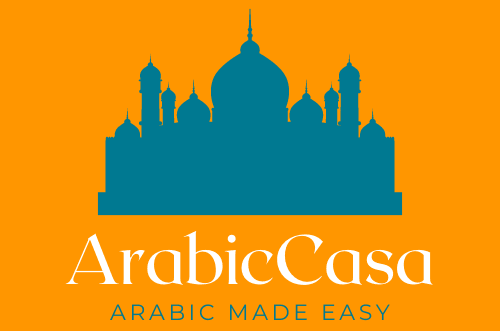15 Amazing Facts About Arabic To Make You Love It
Arabic is one of the oldest languages in the world, and it has a long and fascinating history. If you’re interested in learning more about this ancient language, be sure to read the article below where we discussed our top 15 facts about Arabic language. You might be surprised at how much you don’t know about this important language!
Introduction
Arabic is one of the Semitic languages, which are a branch of the Afroasiatic family. Semitic languages are spoken in parts of the Middle East and North Africa. Arabic is the language of over 20% of the world’s population. It is the only language in the world that is spoken on two continents, North Africa and South Asia.
Arabic has a long and rich history. From its origins in pre-Islamic Arabia, Arabic has evolved into a globally spoken language with a variety of dialects. Similarly, Arabic has played an important role in the development of literature, science, and technology.
Arabic is currently one of the most widely taught languages in schools worldwide. It is also used in business, government, and media.
Arabic is the language of Islam and the sacred language of the Arabs. It is also the official language of 26 Arabic countries including Saudi Arabia, UAE, Yemen, and Qatar.
Arabic is a very flexible language that can be used to communicate with people from all over the world. Its diverse vocabulary makes it a great tool for communication in a variety of situations.
Spread of Arabic in the Levant
Arabic has been spoken in the Levant for centuries, and it has spread to many parts of the world.
The Arabic language spread to the Levant from northern Africa. Arabs who were migrating from that region began speaking Arabic as they arrived in the Levant. They gradually merged with the local population, and Arabic became a part of their culture.
Arabic was also brought to the Levant by traders and travelers. They used it to communicate with people in other parts of the world. Arabic also became a language of education and scholarship.
Today, Arabic is spoken by many people in the Levant. It is also used as a language of instruction in schools and universities around the world.
15 Facts About Arabic Langauge
1. Arabic is one of the most commonly spoken languages in the world.
2. Arabic was first spoken in the Middle East over 3,500 years ago.
3. The Quran is the holy book of Islam and is written in Arabic.
4. Arabic is a Semitic language, which means it is related to Hebrew and Aramaic.
5. Arabic has many dialects, which vary from region to region.
6. About 80% of the world’s Muslims can read Arabic.
7. Arab scholars are responsible for the development and preservation of most forms of science, philosophy and art.
8. Arabic being the 5th most spoken language across the globe has been recognised as one of the 6 International Languages by United Nations
9. Arabic is the language spoken by more Muslims than any other faith or nationality in the world.
10. It is estimated that there are over 300 million people who speak Arabic as their native language worldwide.
11. There are approximately 360 million Arabs living outside of the Arab countries, most famously in France, Germany, Italy, Spain and other European countries where they make up a significant part of their population; 13 million Arabs in North America; 10 million Arabs in South America; 7 million in Africa.
12. There are over 25 dialects of Arabic worldwide.
13. Arabia has a a rich literary tradition especially Arabic poetry is amazing.
14. Some cultures consider “Arabs” to be descendants of Ismael, the son of Abraham(A.S) and Hagar(R.A); others believe that Ismael is one of the sons of Sarah.
15. Most Arabs are monotheists and consider Muhammad (PBUH) as the last prophet; however there are significant numbers of Arabs who have other faiths too.
Conclusion
The Arabic language has a long and colorful history. The history of this language is full of poems, literature and cultural artifacts that are unlike any other in the world. Arabic is one of the oldest languages in the world, and it has played a significant role in both culture and commerce. There are many reasons why one should consider learning Arabic langugae as quickly as possible.
This article gave a brief insight about the history of the Arabic language with some interesting facts about its past. I hope that these facts have given you an appreciation for Arabic culture, and that you’ll consider studying it further in the future.
